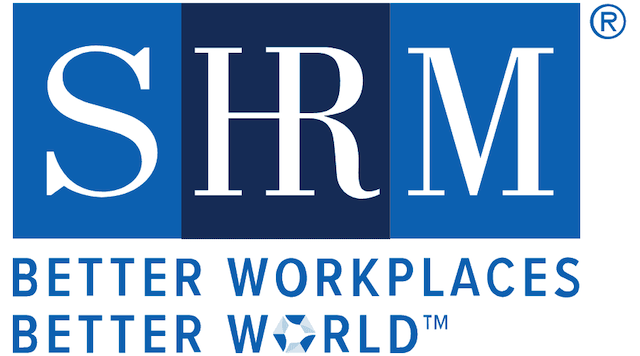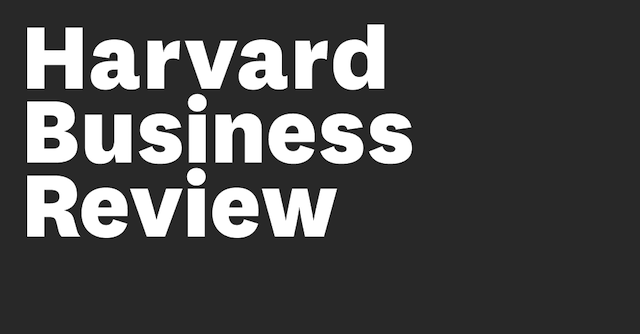Being laid off ranks as one of the top five most stressful situations in a person’s life. When you’re laid off, you may be filled with a sense of overwhelm. Why did this happen? Are my skills valuable or are they out-of-date? Now what do I do? Where do I go from here? It can be hard to focus and to figure out your next steps. If you haven’t reviewed the outplacement support information your former employer gave you, you could be missing out on a solution to that angst. Take a deep breath, review the information, and consider taking advantage of the support and guidance that outplacement has to offer
Here are 4 reasons to take advantage of outplacement support
It can help you to be optimistic about your job search.
When you’ve been laid off, it can sometimes be difficult to be optimistic about your future. You may have residual anger and resentment toward your former employer and about your circumstances. At the same time, a negative outlook not only makes it difficult to stay motivated during a job search, it also can be evident in the way you present yourself, whether online, over the phone, or in person.
Career transition coaches specialize in helping job seekers navigate an optimistic, effective and fruitful job search. They can help motivate you by providing a clear outline of the steps to take so that, step by step, you’re on your way to a great new opportunity. The coach can also help you communicate your story so that when asked about your last employment experience, you can answer with a positive tone that highlights your accomplishments instead of focusing on the layoff event.
The coach and other resources from the program can also help you with your personal branding, including your LinkedIn profile, resume, cover letters, targeting your job search, negotiating an offer, and so much more—ultimately boosting your self-confidence, which alone can help you succeed.
It can help you make the most of your network.
Not everyone feels comfortable with networking, but it’s a skill that’s necessary in today’s job market. Career coaches can help all types of job seekers advance their networking skills in multiple ways, whether they are just getting started or have a large and extended network. Whereas networking previously relied heavily on in-person connections and events, today’s strategies rely on your online presence and the people you know. A career coach can offer tips on how you can effectively utilize both to lead you to opportunities you didn’t know existed, or help you get your foot in the door at the ones you’re most excited about.
Studies show that about 80% of job seekers land their next jobs as a result of the people they know, and a coach and other outplacement resources can help you discover how those in your network might lead you to your next opportunity. A coach can also help you position yourself to get noticed by recruiters, help you discover unadvertised roles, and assist you in growing, cultivating, and leveraging your network to increase your potential to be considered for the types of opportunities that interest you the most.
It’s not only free, it’s also an investment in your career.
Outplacement support from your employer comes at no cost to you. So why go it alone when you can get help from someone who’s an expert in navigating the path toward employment?
Professionals at all levels of experience can benefit from having an accountability partner who can help you define your short- and long-term career goals and personal branding. Many people move from one role to the next without a long-term career strategy. This could be the time you move into the role you’ve always wanted, or the role you didn’t know you could have. A career coach can help build a strategy to get you there. Using your time and outplacement resource to their full potential can turn a challenging period into a huge opportunity.
It can reduce the amount of time you spend searching for jobs.
Did you know that according to the Bureau of Labor Statistics’ last five months of data, the average time it takes to find a job is ~23 weeks? By using outplacement services, you can cut that time by about 60%.
A lot goes into a job search. It’s more than just searching through listings and submitting resumes. It’s about figuring out which jobs will make you the happiest, and which ones will make the best use of your skills. It’s about tailoring your resume to the jobs you want, customizing your cover letters, and developing your personal brand. It’s about practicing your interview skills, preparing for that first meeting, and knowing how to negotiate a job offer.
It’s also about knowing what not to do. It’s about how to not spend your days reactively clicking away at job boards looking for the perfect role. It’s about how to avoid the mistakes that job seekers commonly make when networking and interviewing. It’s about how not to sell yourself short during the negotiation phase of your job search.
Outplacement support can help you craft an actionable job search plan that’s tailored to you, your preferences and goals, and make the experience feel productive, stimulating, and most importantly, effective.
Everyone could use some degree of help when they lose their job. As you can see, the outplacement support that’s been offered to you can lighten the burden of creating a path forward. It’s just up to you to be open to the journey.INTOO helps employers do right by their workforce by transitioning employees to land their next job nearly 2.5 times faster than the national average time it takes to find employment—all without leaving their homes. Designed for employees of all levels, industries, and backgrounds, INTOO’s coaching-first, award-winning online platform accelerates career transition by connecting candidates with career coaches faster and by providing personalized guidance for each individual.











